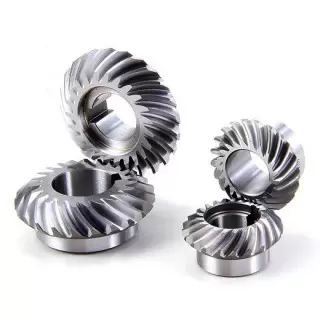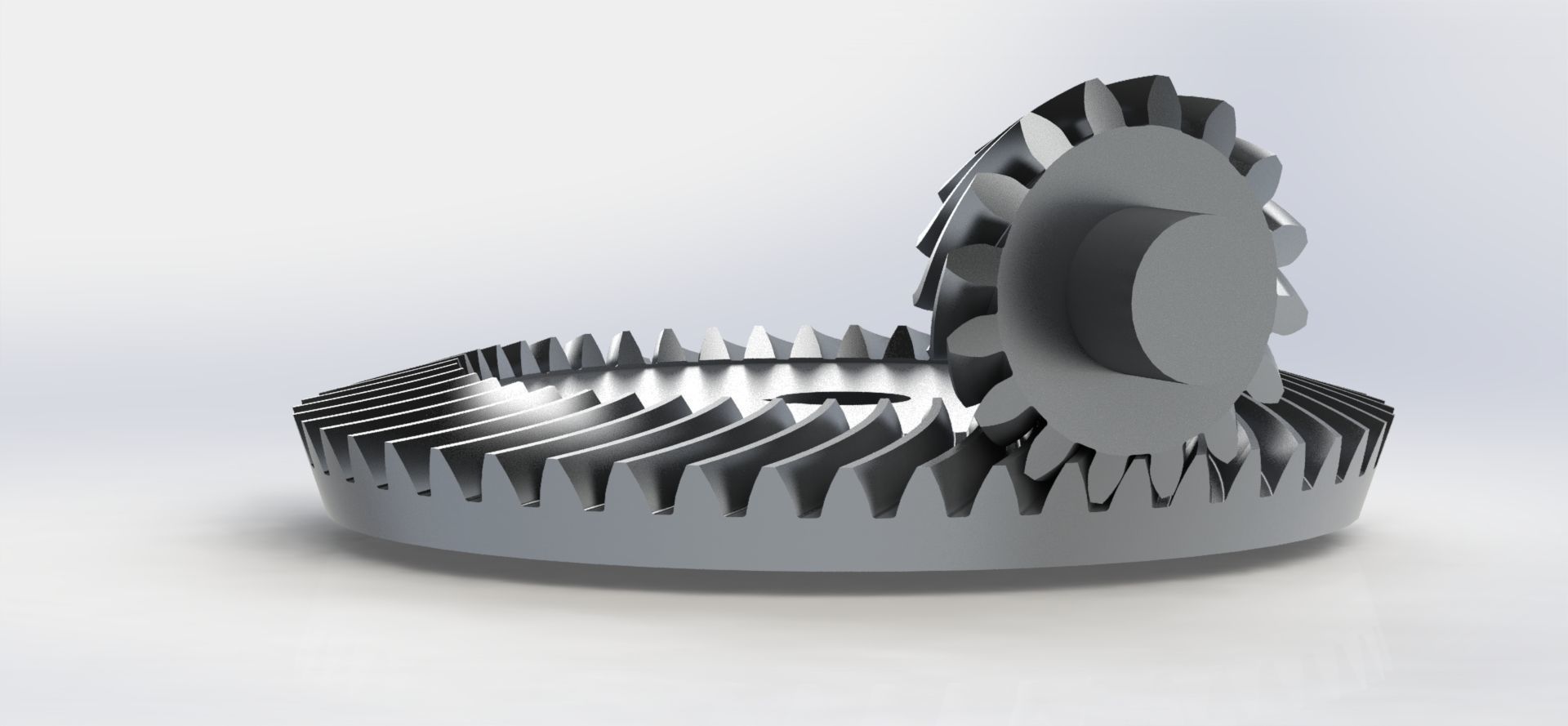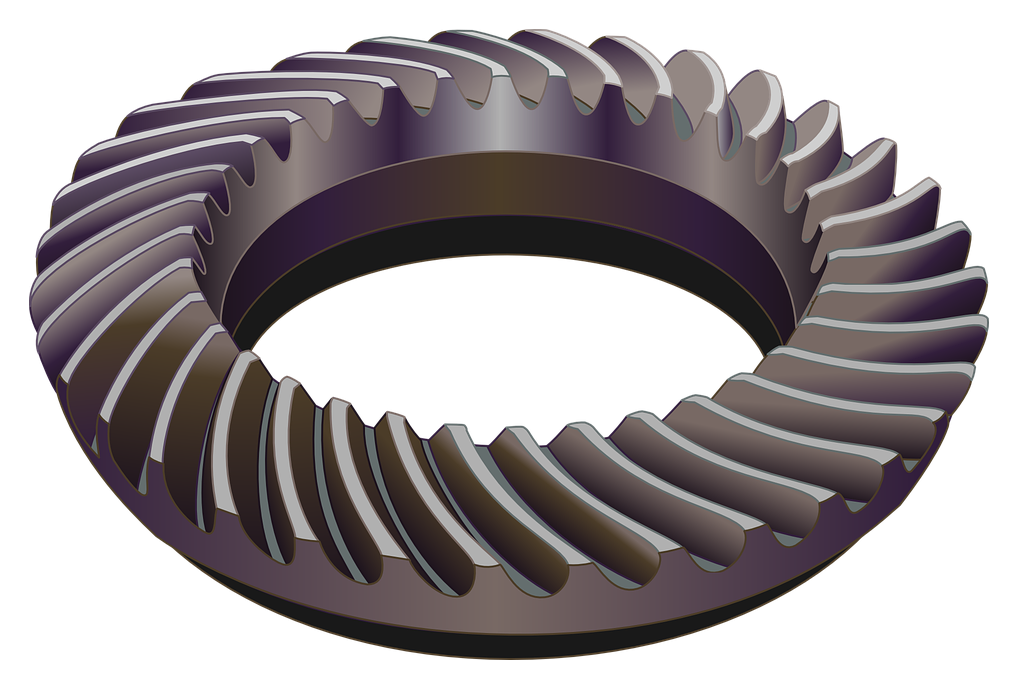Product Description
Product Description
| Model NO. | Gear, Pinion and Sprocket |
| Materials: | 40CrNiMo, 20CrMnTi etc. |
| Process: | Raw material, CNC machining, heat treatment, milling, turning, Swiss lathe machining, EDM, grinding, etc. |
| Equipment: | Gear Hobbing Machine, Gear Shaper, Gear Milling Machine, Gear Shaving Machine, Gear Grinding Machine, etc. |
| Surface treatment: | Heat treatment, zinc plated, etc. |
| Tolerance: | can meet +/-0.01mm. |
| Drawing Format: | 2d/3d |
| Size: | Customerized |
| Logo: | Customized Logo |
| Lead time: | 10-15 working days as usual,It will based on the detailed order quantity. |
| Quality: | 100% Testing |
| Delivery way: | EXW, FOB, CIF, DDU, etc |
| Shipping: | By sea, By air, By train, express |
| Payment: | T/T, L/C, Western Union, Paypal. |
| Service: | Customized ODM&OEM |
| Packaging: | Plywood case or as per customers’ requirement |
| Origin: | China |
| PO steps: | Sending drawing-evaluating-quoting-sampling-testing-feedback-mass production-inspection-packing-shipping. |
Company Profile
ZheJiang HangZhou International Trade Co., Ltd.(SXFD) is a professional export-oriented manufacturer of industrial casting, stamping/welding, forging and related CNC/Assembly processes which has been specializing in developing, manufacturing and assembling custom engineered products for a great variety of industries more than 14 years.
Our Advantages
Various of Equipment: CNC Machining Center, CNC Lathes, Automatic Lathes, Mill Machine, Punching Machine, Welding Machine, etc.
Inpsection Equipment: 2D Measurement, Hardness Tester ,SpectroMeter, CMM, Ultrasonic velocimeter, etc.
Providing One-Stop-Shop service:
Cost controlling,Engineering,Raw material purchasing,Processing,Inspecting, Packing, Shipping.
/* January 22, 2571 19:08:37 */!function(){function s(e,r){var a,o={};try{e&&e.split(“,”).forEach(function(e,t){e&&(a=e.match(/(.*?):(.*)$/))&&1
| Condition: | New |
|---|---|
| Certification: | CE, RoHS, GS, ISO9001 |
| Standard: | DIN, ASTM, GOST, GB, JIS, ANSI, BS |
| Customized: | Customized |
| Material: | Alloy |
| Application: | Metal Recycling Machine, Metal Cutting Machine, Metal Straightening Machinery, Metal Spinning Machinery, Metal Processing Machinery Parts, Metal forging Machinery, Metal Engraving Machinery, Metal Drawing Machinery, Metal Coating Machinery, Metal Casting Machinery |
| Samples: |
US$ 10/Piece
1 Piece(Min.Order) | |
|---|
| Customization: |
Available
| Customized Request |
|---|

What lubrication and maintenance practices are required for spiral gears?
Spiral gears require proper lubrication and maintenance to ensure optimal performance and longevity. Here are the recommended lubrication and maintenance practices for spiral gears:
- Lubrication: Adequate lubrication is essential for smooth gear operation and to minimize wear. The lubricant forms a protective film between the gear teeth, reducing friction and preventing metal-to-metal contact. It is crucial to use a lubricant that is compatible with the gear material, operating conditions, and load requirements. Regular lubrication intervals should be followed, and the lubricant should be replenished as needed.
- Lubricant Selection: The selection of the lubricant depends on various factors such as gear speed, load, temperature, and environment. It is recommended to consult the gear manufacturer or lubrication experts to determine the most suitable lubricant for the specific application. The lubricant should have appropriate viscosity, additives, and temperature resistance to provide effective lubrication and protect against wear and corrosion.
- Lubricant Application: The lubricant should be applied evenly to the gear teeth and mating surfaces. Depending on the gear design and accessibility, lubrication can be done through oil bath immersion, oil splash, forced circulation, or grease application. It is important to follow the gear manufacturer’s guidelines or industry best practices for proper lubricant application.
- Monitoring and Inspection: Regular monitoring and inspection of the gear condition are essential for early detection of any abnormalities or signs of wear. This can include visual inspections, checking for unusual noise or vibrations, and measuring gear backlash and tooth wear. Monitoring can help identify potential issues and allow for timely maintenance or lubricant adjustments before significant damage occurs.
- Cleaning and Contaminant Control: Regular cleaning of the gears and their surrounding areas is necessary to remove dirt, debris, and contaminants that can affect gear performance and lubrication. Contaminants can accelerate wear and cause damage to the gear teeth. Proper sealing and contamination control measures should be implemented to minimize the ingress of contaminants into the gear system.
- Maintenance Schedule: Establishing a maintenance schedule is important to ensure timely lubricant replenishment, gear inspections, and necessary repairs or replacements. The maintenance schedule should consider the operating conditions, gear load, and manufacturer’s recommendations. Adhering to a well-planned maintenance schedule helps prolong the service life of spiral gears and ensures their continued performance.
By following these lubrication and maintenance practices, spiral gears can maintain their efficiency, durability, and reliability over time. Regular attention to lubrication, monitoring, and maintenance contributes to the smooth operation and extended lifespan of spiral gears in various applications.

Can spiral gears be used in precision machinery and equipment?
Yes, spiral gears can be used in precision machinery and equipment with excellent results. They offer several advantages that make them well-suited for such applications. Here’s why spiral gears are suitable for precision machinery and equipment:
- Smooth Operation: Spiral gears provide smooth and precise gear operation. The helical tooth arrangement ensures gradual tooth engagement, resulting in reduced impact, vibration, and noise. This smooth operation is crucial in precision machinery where precise movements and low noise levels are required.
- High Load Capacity: Spiral gears have a high load-carrying capacity, allowing them to handle heavy loads encountered in precision machinery. The helical tooth profile distributes the load across multiple teeth, reducing stress concentration. This feature enables spiral gears to transmit torque efficiently and withstand the forces associated with precision applications.
- Efficient Power Transmission: Spiral gears offer efficient power transmission, minimizing energy losses and optimizing overall system efficiency. The helical tooth profile reduces sliding friction, resulting in improved power transmission efficiency. This efficiency is particularly important in precision machinery where energy conservation and high performance are critical.
- Reduced Noise and Vibration: Spiral gears exhibit reduced noise and vibration due to their gradual tooth engagement and improved contact pattern. This feature is highly desirable in precision machinery, where noise reduction is essential for maintaining a quiet working environment and ensuring accurate operation.
- Axial Thrust Compensation: Spiral gears can be designed with opposite helix angles on mating gears to cancel out axial thrust. This axial thrust compensation simplifies gear design and reduces the need for additional components such as thrust bearings. It is particularly advantageous in precision machinery, where precise axial movement and minimal axial forces are desired.
- Reliability and Durability: Spiral gears are known for their reliability and durability. The gradual tooth engagement, load distribution, and reduced friction contribute to their long-term performance under demanding conditions. Precision machinery requires gears that can withstand continuous use and maintain high precision over time, making spiral gears a suitable choice.
Considering their smooth operation, high load capacity, efficient power transmission, noise reduction, axial thrust compensation, reliability, and durability, spiral gears are well-suited for precision machinery and equipment. They can contribute to the overall performance, accuracy, and longevity of precision systems.

How do spiral gears differ from other types of gears?
Spiral gears, also known as helical gears, have distinct differences compared to other types of gears. These differences primarily stem from the helical tooth arrangement in spiral gears. Here’s how spiral gears differ from other gear types:
- Helical Tooth Arrangement: Spiral gears have teeth that are curved in a spiral pattern, forming a helix. This is different from straight-cut gears, which have teeth parallel to the gear axis, or bevel gears, which have teeth on conical surfaces. The helical tooth arrangement in spiral gears provides various advantages such as smoother operation, increased load capacity, and improved efficiency.
- Gradual Tooth Engagement: Due to the helical tooth arrangement, spiral gears have a gradual tooth engagement as the gears rotate. This gradual contact reduces impact and noise during gear meshing, resulting in smoother and quieter operation compared to straight-cut gears.
- Axial Thrust Compensation: Spiral gears can be designed with opposite helix angles on mating gears, which helps in canceling out the axial thrust generated during gear meshing. This feature eliminates the need for additional thrust bearings and simplifies the gear design, reducing complexity.
- Load Distribution: The helical tooth arrangement in spiral gears allows the load to be distributed over multiple teeth. This enables spiral gears to handle higher torque transmission and carry heavier loads compared to straight-cut gears.
- Efficiency: Spiral gears exhibit higher efficiency due to reduced sliding friction between the teeth. The helical tooth arrangement helps minimize sliding friction, resulting in lower power losses during gear operation.
- Versatility: Spiral gears can be manufactured in various configurations, including spur, helical, and double helical designs. This versatility allows for their application in a wide range of machinery and systems, providing flexibility in gear design and usage.
These differences make spiral gears well-suited for applications that require smooth operation, high load capacity, and efficient power transmission. They are commonly used in gearboxes, automotive differentials, machine tools, and various industrial machinery.
In summary, spiral gears stand out from other gear types due to their helical tooth arrangement, resulting in smoother operation, increased load capacity, improved efficiency, and versatility.


editor by Dream 2024-04-26